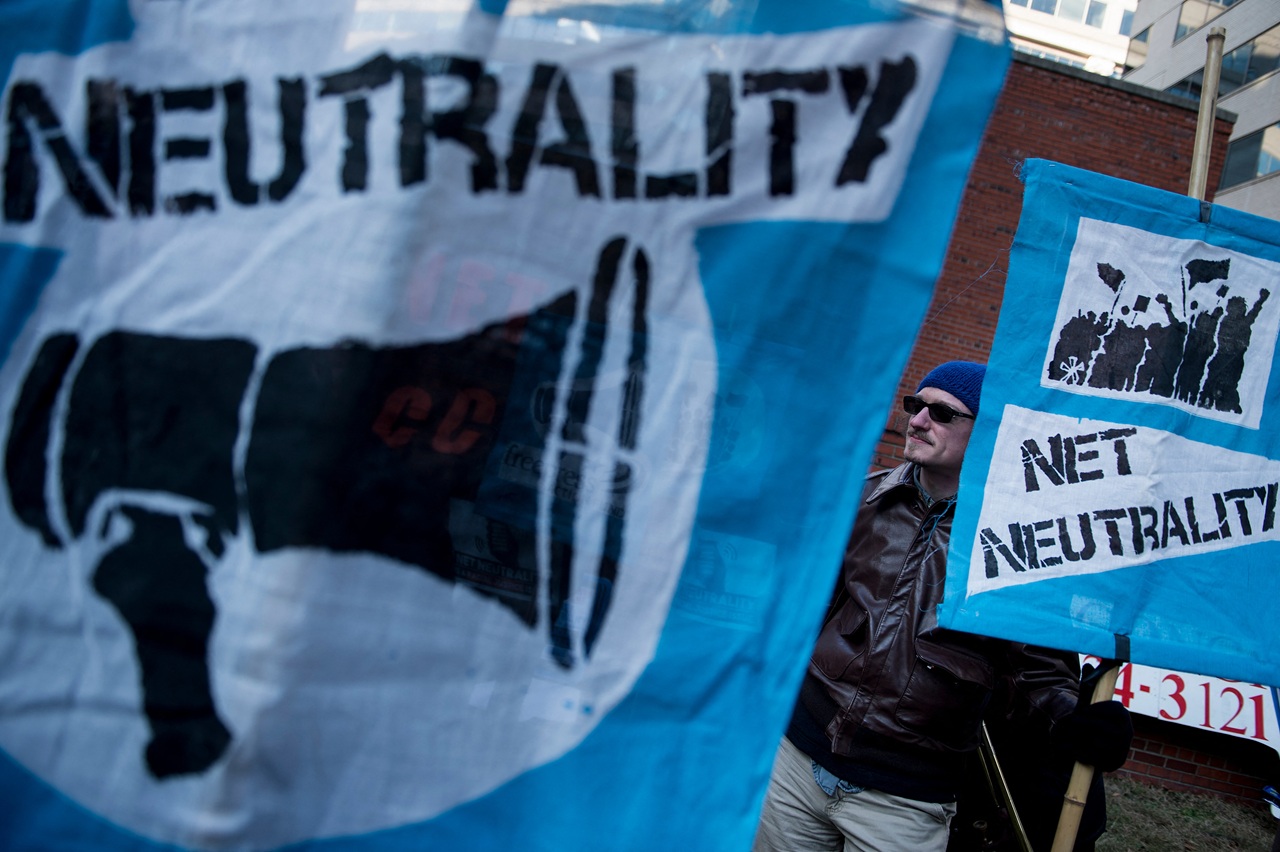
New York’s Gender Recognition Act will make government IDs more inclusive
On Tuesday, June 8, the New York State Senate passed the Gender Recognition Act (GRA), making it easier for transgender, nonbinary and intersex New Yorkers to update and obtain government-issued identification documents that accurately reflect their gender identity.
Under current measures, this group of people face immense difficulty in acquiring accurate identification documents that are essential to accessing healthcare services, employment, housing, education and travel.
“Each and every New Yorker should be recognized for who they are by their government,” said State Senator Brad Hoylman, co-sponsor of the bill.
As the legislative session in NY comes to a close,we reiterate our support for trans/non-binary NYers, particularly our trans Latinx community & urging them to call legislators to pass the GRA.
— LatinoJustice PRLDEF (@latinojustice) June 9, 2021
@latinojustice statement on GRA: https://t.co/23vMOlb3Hqhttps://t.co/hQC5CgwQXU
Hoylman, who is the only openly gay member of the New York Senate, expressed gratitude for all the community organizers that gave critical feedback and helped get the bill approved.
“I’m proud to live in and represent a state that respects and values the needs of these communities – particularly as queer, and especially transgender people, have come under attack in recent months across our country,” he said.
NEW: Nobody should suffer the humiliation of being deadnamed or misgendered.
— Senator Brad Hoylman (@bradhoylman) June 9, 2021
I’m proud that today the @NYSenate has just passed legislation I carry with @voteJGR requiring utility companies to allow customers to use their preferred names and pronouns. https://t.co/bSKsCkOCh6
Accurate ID documentation is key for accessing many social services, but according to data collected by the National Transgender Survey in 2015, trans, nonbinary and intersex New Yorkers struggle to update or obtain accurate documents.
The survey results showed that only 12% of respondents reported that all of their IDs had the name and gender they preferred, while the majority (63%) said that none of their IDs reflected their preferred name and gender.
One of the main barriers faced by respondents was the cost of changing ID information, with 28% not being able to change their legal name, and 24% not being able to update their gender due to the price.
Thirty-four percent of respondents who have used an ID with a name or gender that did not match their gender presentation experienced verbal harassment, were denied benefits or services, asked to leave the premises, or assaulted.
Typically, to legally change one’s name in New York, it must be approved by the court and then the petitioner must publish this name change at least once in a newspaper of record in that county within 60 days.
However, at a time of heightened violence against transgender Americans, outing oneself can be very dangerous.
CONTENIDO RELACIONADO
#BlackTransLivesMatter: NBJC is mourning Danika “Danny” Henson a Black trans woman killed on May 4. She's one of 15 Black trans women murdered in 2021.
— NBJC (@NBJContheMove) May 18, 2021
“The violence against trans people, especially Black trans women, seems never-ending,” @VKirbyYorkhttps://t.co/cECB7w28Ui pic.twitter.com/aJTk9VWw7e
New York judges may waive this requirement at their own discretion, but the process lacks consistency and transparency. The Gender Recognition Act would do away with the risk entirely by eliminating the publication requirement.
Additionally, the bill would do away with the current requirement for healthcare provider attestation in updating driver’s licenses.
Finally, the bill will ensure that transgender and gender non-conforming minors have access to correct birth certificates, with permission from their parents or legal guardians.
Assembly Member Daniel O’Donnell, also an out gay man, called the legislative push to ease name change barriers “historic,” adding that not having the proper ID documents can make trans people’s lives much “harder and more dangerous.”
VICTORY! @NYSenate has passed the #NYSGenderRecognitionAct (S.4402/A.5465)! Thank you @bradhoylman for your leadership!
— Empire Justice (@empirejustice) June 8, 2021
Now to pass in the @NYSA_Majority with @Danny_ODonnell_ and secure a true Pride Month victory for #trans and #nb New Yorkers! https://t.co/UQebQGCsdH
The GRA is currently awaiting a vote in an Assembly committee and then will need approval by a full vote on the floor before it lands on the desk of Gov. Andrew Cuomo.
The GRA is supported by many organizations, including Pride for Youth, SAGE, Sylvia Rivera Law Project, New York Civil Liberties Union, Latino Justice PRLDEF, Law Office of Milo Primeaux, and TransLatinx Network.
If signed into law, it would be the most recent victory for the LGBTQ+ community, after a similar bill was stalled for nearly 20 years.
In 2019, NY passed the Gender Expression Non-Discrimination Act (GENDA), also sponsored by Hoylman, which added protections for trans people under the state’s existing hate crime laws.










DEJE UN COMENTARIO:
¡Únete a la discusión! Deja un comentario.